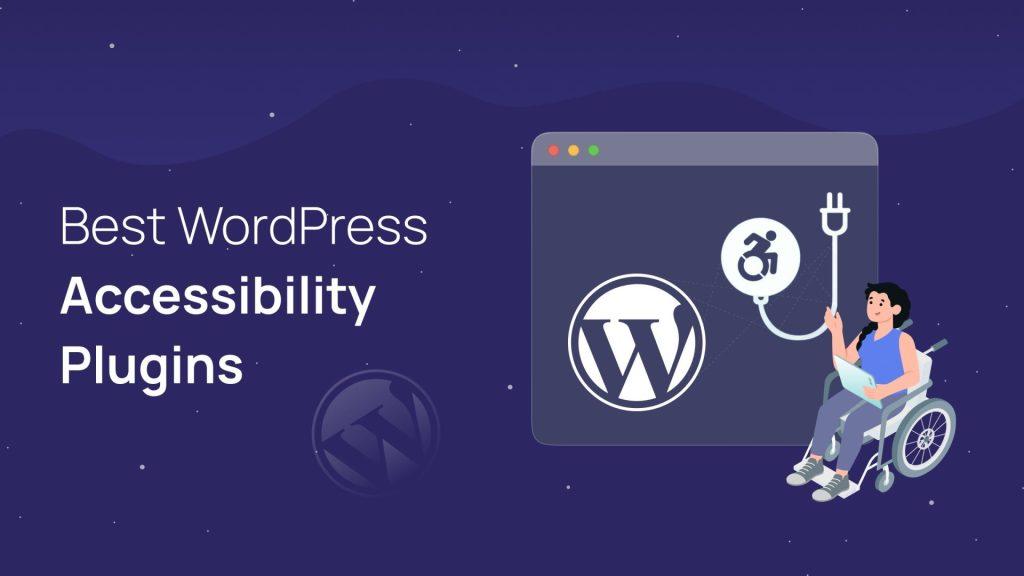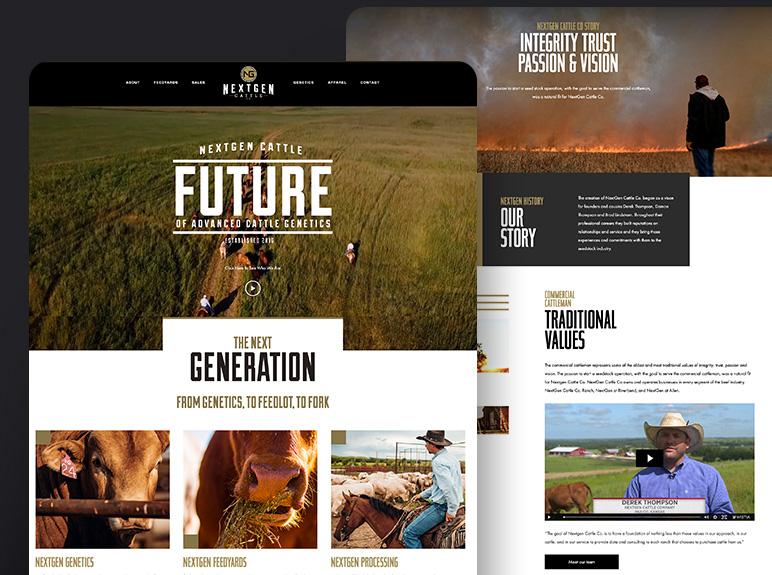Introduction
In today’s digital landscape, ensuring that your website is accessible to everyone isn’t just a nice-to-have—it’s a necessity. With over a billion people living with disabilities worldwide, making your WordPress site inclusive can open doors to a broader audience while also adhering to legal requirements. But where do you start? the world of accessibility plugins can feel overwhelming, with countless options available, both free and paid.
Don’t worry—we’ve got your back! In this article, we’re diving into the 8+ best WordPress accessibility plugins that can help level up your site’s inclusivity game. Whether you’re a seasoned developer or a newbie just getting started, we’ll break down the features, benefits, and pricing of each plugin. By the end, you’ll be equipped with the knowledge to make an informed choice that not only enhances user experience but also aligns with your values. Ready to make your site a welcoming space for all? Let’s jump in!
Understanding the Importance of Accessibility in WordPress
Ensuring that your website is accessible is not just a legal obligation; it’s a moral imperative. Accessibility in WordPress means creating an inclusive environment where all users, regardless of their abilities, can navigate and interact with your content seamlessly. The web is a vast space, and by making it accessible, you open your doors to a wider audience, enhancing user experience and engagement.
Implementing accessibility features in your wordpress site can significantly impact your brand’s reputation.When users with disabilities can easily access your content, they are more likely to trust your brand and become loyal visitors. Remember, accessibility isn’t solely about compliance; it’s also about creating a welcoming digital space that respects and values diversity.
Many users rely on assistive technologies such as screen readers or keyboard navigation. Without proper accessibility features, these tools may struggle to interpret your content, leading to confusion and frustration. WordPress accessibility plugins serve as essential tools to bridge these gaps. Here are some key benefits of using these plugins:
- Improved Usability: Make your site easier to navigate for everyone.
- SEO Benefits: Accessible websites frequently enough rank better in search engines.
- Broader Audience Reach: Connect with users who have different needs.
- Enhanced User experience: Provide a smoother,more enjoyable experience for all visitors.
When evaluating accessibility plugins for your WordPress site, it’s essential to consider various factors, including user interface, compatibility with themes and other plugins, and the specific features they offer. To help you in your decision-making process, here’s a quick comparison of popular WordPress accessibility plugins:
| Plugin Name | Free/Paid | Key Features |
|---|---|---|
| WP Accessibility | Free | Improves navigation, adds skip links, and addresses color contrast issues. |
| Accessibe | Paid | Automated accessibility solutions, compliance monitoring, and user interface adjustments. |
| One Click Accessibility | Free | Offers quick accessibility adjustments with a simple settings panel. |
| WP Accessibility Helper | Free/paid | Customizable accessibility toolbar, font size adjustment, and high-contrast mode. |
Incorporating accessibility into your wordpress site is an ongoing journey. With the right plugins and a commitment to inclusivity,you can create a website that not only meets legal standards but also serves as a valuable resource for everyone. As you evaluate your options, remember that the best accessibility solutions are the ones that prioritize user experience while still being easy to implement. Investing in accessibility plugins is investing in a better, more inclusive web for everyone.
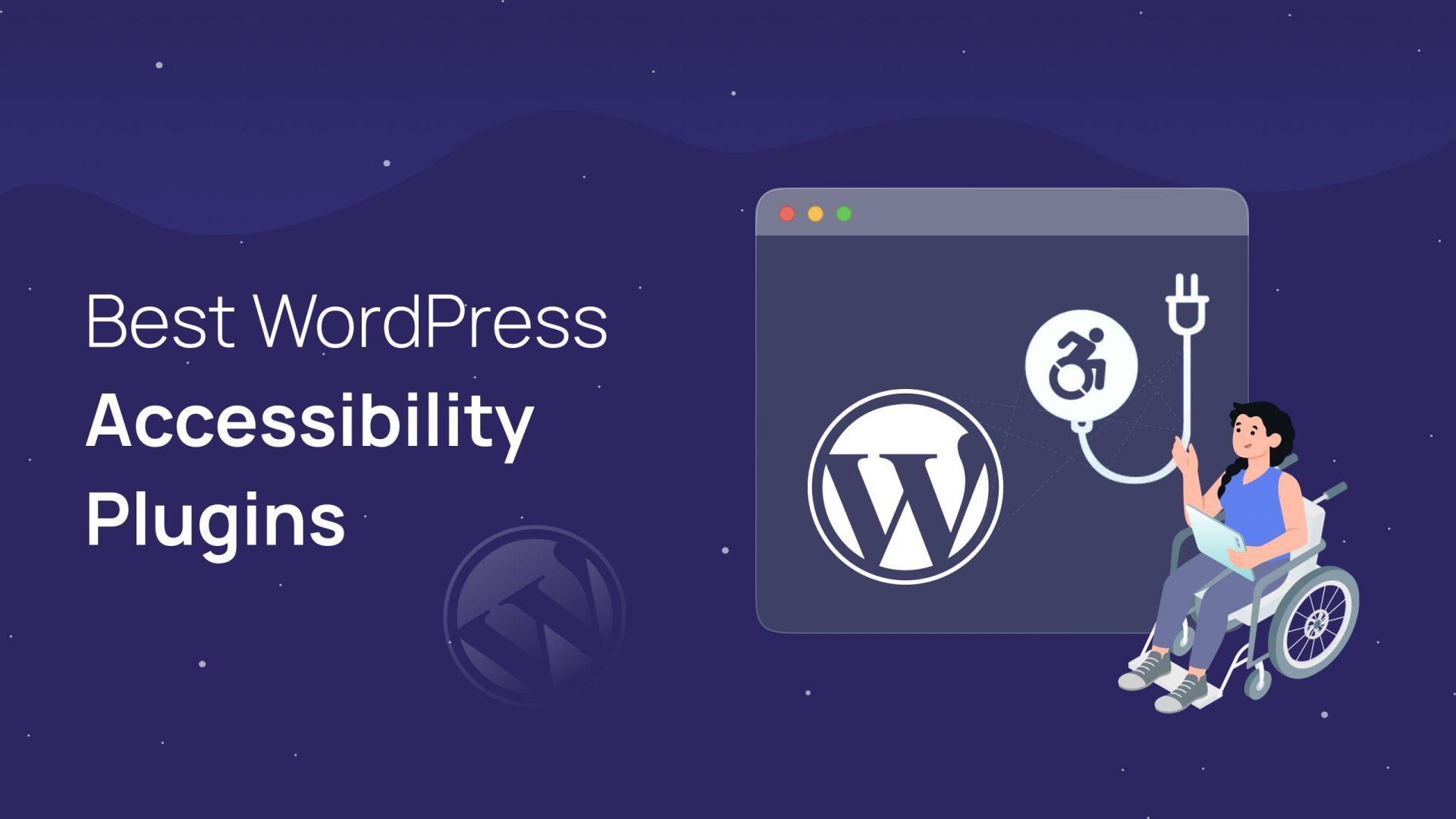
How Accessibility Plugins Can Transform Your Site
Accessibility plugins are game-changers for any website, particularly for those using WordPress. They bring your site closer to achieving compliance with accessibility standards, ensuring all users, regardless of their abilities, can navigate and interact with your content. With the right tools, you can enhance usability and create a more inclusive online environment.
One of the most significant benefits of accessibility plugins is their ability to automatically adjust various elements on your site. For example, they can:
- Add keyboard navigation: Allow users to navigate your site without a mouse.
- Improve screen reader compatibility: Ensure that all elements are correctly labeled for assistive technologies.
- Enhance color contrast: Automatically modify color schemes to be more readable for those with visual impairments.
- Provide text resizing options: Enable users to adjust font sizes according to their preferences.
Moreover, these plugins often come with customizable settings, allowing you to tailor accessibility features to your specific audience. For instance, users can toggle features on and off, giving them control over their experience without compromising your site’s aesthetic or functionality. This level of personalization not only improves user satisfaction but also demonstrates your commitment to inclusivity.
Let’s not forget the SEO benefits that come with enhanced accessibility.When your site is more accessible, it frequently enough results in better search engine rankings. Search engines favor sites that provide a better user experience, and accessibility is a significant part of that. Actually, studies have shown that websites designed with accessibility in mind see higher traffic and engagement rates.
here’s a quick comparison of popular accessibility plugins:
| Plugin Name | Free/Paid | Key Features |
|---|---|---|
| WP Accessibility | Free | Color contrast enhancements, skip links, and ARIA roles. |
| Accessibility Widget | Free | Customizable accessibility options in a user-kind widget. |
| One Click Accessibility | Free | Simple toggle options for various accessibility features. |
| WP ADA Compliance Check Basic | Paid | Thorough site audits for ADA compliance. |
| Accessibe | Paid | AI-driven adjustments and compliance reporting. |
In a world that increasingly values diversity and inclusion, optimizing your website for accessibility is not just a legal requirement; it’s a moral imperative. By investing in accessibility plugins, you’re not only improving your site’s functionality and broadening your audience, but you’re also fostering a more welcoming digital space for everyone.
The Top Free Accessibility Plugins You Should Consider
When it comes to enhancing the accessibility of your wordpress site without breaking the bank,there are several outstanding free plugins that can make a significant difference. Here are some top picks you should consider:
- WP Accessibility: This plugin is a comprehensive tool that adds accessibility features to your site. From enabling skip links to improving color contrast, it covers a wide range of enhancements without requiring advanced coding skills.
- One Click Accessibility: With a simple activation, this plugin provides users with a toolbar to adjust text size, color contrast, and more. It’s perfect for those who want to offer instant accessibility options to their visitors.
- Accessibility widget: This handy tool adds a widget to your site that allows users to change text sizes and styles. It’s a straightforward solution for improving readability for all users.
- Accessible Poetry: Aimed at enhancing the accessibility of your page content,this plugin allows you to create accessible poetry layouts and formats,ensuring that all your creative work is easy to experience.
- Accessibly: A user-friendly tool that helps you assess and improve your site’s accessibility.It provides helpful tips and guidelines, making it easy to implement changes.
To give you a clearer picture of how these plugins stack up, here’s a quick comparison:
| Plugin Name | Key Features | User Rating |
|---|---|---|
| WP Accessibility | Skip links, color contrast improvements | 4.8/5 |
| One Click Accessibility | Toolbar for text adjustments | 4.7/5 |
| Accessibility Widget | Text size and style changes | 4.6/5 |
| Accessible poetry | Specialized formatting for poetry | 4.5/5 |
| Accessibly | Guidelines for accessibility improvements | 4.4/5 |
Implementing these plugins not only benefits users with disabilities but also improves the overall user experience on your website. Search engines value accessibility,which can lead to better rankings and higher traffic. By choosing the right tools, you create a more inclusive environment that everyone can enjoy.
exploring Premium Accessibility Plugins for Enhanced features
When it comes to enhancing the accessibility of your WordPress site, premium plugins often come with advanced features that can significantly improve user experience. These plugins not only comply with accessibility standards but also offer a range of customizable options that free versions may lack. Let’s delve into some of the top premium accessibility plugins that could elevate your site’s accessibility game.
1. WP Accessibility Pro: This robust plugin takes accessibility to the next level with features like custom contrast settings, keyboard navigation enhancements, and ARIA attributes support.With its easy-to-use interface, you can implement changes in real-time without needing to touch any code.
2. Accessibility Widget: Offering a straightforward way to add accessibility features to any site, this plugin includes text resizing, color contrast adjustments, and even screen reader enhancements. The widget can be strategically placed in various sections of your site for maximum visibility.
3. UserWay accessibility Widget: More than just a plugin, userway provides a comprehensive accessibility solution that includes a one-click accessibility menu. Users can adjust settings as per their needs, ensuring that your site is user-friendly for everyone, regardless of their abilities.
4. WP Accessibility Helper (WAH): If you’re looking for a plugin that emphasizes real-time adjustments, WAH is a great choice. It provides a powerful admin interface that allows you to manage accessibility settings seamlessly. Users can control font sizes, contrast, and other features at their convenience.
| Plugin Name | Key Features | Price |
|---|---|---|
| WP accessibility Pro | Custom contrast, keyboard navigation, ARIA support | $49/year |
| Accessibility Widget | Text resizing, color contrast, screen reader support | $29/year |
| UserWay Accessibility Widget | One-click menu, user control settings | $99/year |
| WP Accessibility Helper | Real-time adjustments, powerful admin interface | $39/year |
Investing in a premium accessibility plugin can not only improve user experience but also enhance your site’s SEO performance. Search engines are increasingly prioritizing user-friendly sites, and demonstrating your commitment to accessibility can set you apart from competitors.
Ultimately, the choice you make will depend on your specific needs. Some plugins focus heavily on compliance, while others provide user-friendly features that empower visitors to engage more effectively with your content. Consider utilizing demos or trial versions where available to see which solution resonates best with your audience.
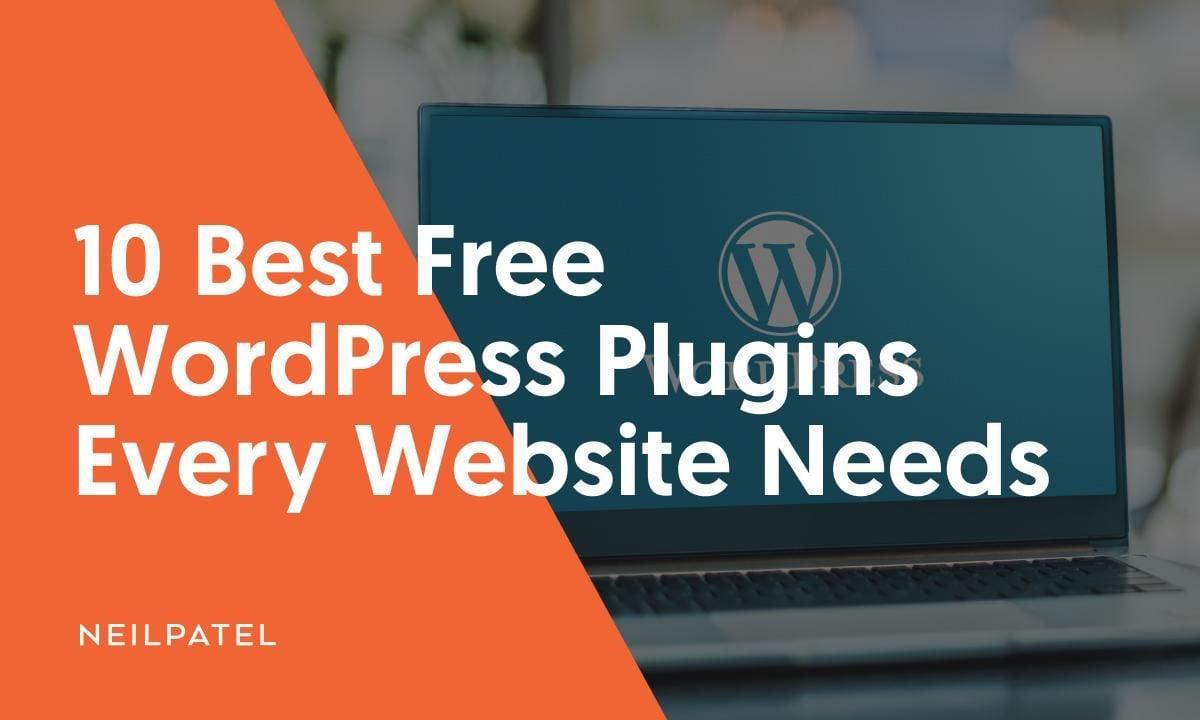
A Side-by-Side Comparison of Free and Paid Plugins
When it comes to enhancing accessibility on your WordPress site, the choice between free and paid plugins can significantly impact your user experience. The right plugin not only improves compliance with accessibility standards but also enriches the overall functionality of your website.
Features and Functionality
Free plugins often provide essential features that can help you get started with accessibility. However, they may lack the advanced functionalities that come with paid options. here’s a quick look at what you can expect:
- Free Plugins: Basic accessibility features, limited customization options, and community support.
- Paid Plugins: Comprehensive features, extensive customization, regular updates, and priority support.
Support and Updates
One of the critical differences between free and paid plugins lies in support and updates. Free plugins typically rely on community forums for assistance, which can be unpredictable. On the other hand, paid plugins often come with dedicated support teams and regular updates that ensure your site remains compliant and secure.
Performance and Compatibility
Performance can vary greatly between free and paid plugins.While free options might be functional, they can sometimes slow down your site or conflict with other plugins. Paid plugins are usually optimized for performance and are rigorously tested for compatibility with various themes and other plugins.
Cost vs.Value
While free plugins might potentially be tempting, considering the long-term value is crucial. Investing in a paid plugin can provide you with peace of mind and superior performance.Here’s a quick comparison of the cost versus the benefits:
| Category | Free Plugins | Paid Plugins |
|---|---|---|
| Initial Cost | Free | Varies ($20 – $200/year) |
| support | Community-based | Dedicated support |
| Updates | Occasional | Regular |
| Customization Options | Limited | Extensive |
| Performance | Variable | Optimized |
Ultimately, the decision between free and paid accessibility plugins should be based on your website’s specific needs, budget, and long-term goals. Assessing the features, support, and overall value of each option will guide you in making a choice that enhances both accessibility and user experience on your site.
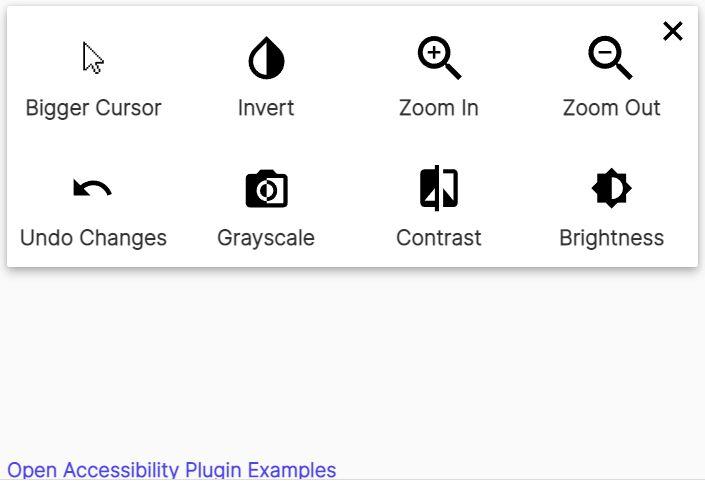
Key Features to Look for in an Accessibility Plugin
When searching for the perfect accessibility plugin for your WordPress site, there are several essential features that can significantly impact usability and inclusivity. Here’s what to keep an eye on:
- Accessibility Compliance: Ensure the plugin adheres to recognized standards such as WCAG 2.1. This compliance not only enhances user experience but also helps avoid potential legal issues.
- Customizable Design: Look for plugins that allow you to customize the appearance of accessibility features. This ensures they seamlessly integrate with your site’s design, maintaining visual cohesion.
- Keyboard Navigation: A good plugin should support full keyboard navigation, allowing users with mobility impairments to navigate without needing a mouse.
- Screen Reader Support: The plugin should enhance compatibility with screen readers,providing text alternatives for images and ensuring that content is read correctly.
- Color Contrast Adjustment: Features that allow users to adjust text and background colors can significantly improve readability for those with visual impairments.
- Content Resizing: The ability to resize text and images can help users who need larger fonts or visuals for better clarity.
- feedback and support: Choose plugins that offer comprehensive support and updates. Active developers who respond to user feedback can make a significant difference in accessibility improvements.
Another significant aspect to consider is the compatibility with other plugins.Some accessibility features might conflict with existing plugins, so ensure the plugin you choose works harmoniously with the tools you already use. Testing the plugin in a staging environment can definitely help identify any issues before going live.
For your convenience, here’s a quick comparison of some key features to look for in various plugins:
| plugin Name | Compliance Standards | Customizable Design | Screen Reader Support |
|---|---|---|---|
| Accessibility Widget | WCAG 2.1 | Yes | Yes |
| WP Accessibility | WCAG 2.1 | Limited | Yes |
| WP Accessibility Helper | WCAG 2.0 | yes | Yes |
| One Click Accessibility | None Specified | Yes | Limited |
By carefully considering these features, you can enhance your website’s accessibility and provide a better experience for all users, ensuring everyone can engage with your content effortlessly. choosing the right plugin is not just about functionality; it’s about commitment to inclusivity and user satisfaction.
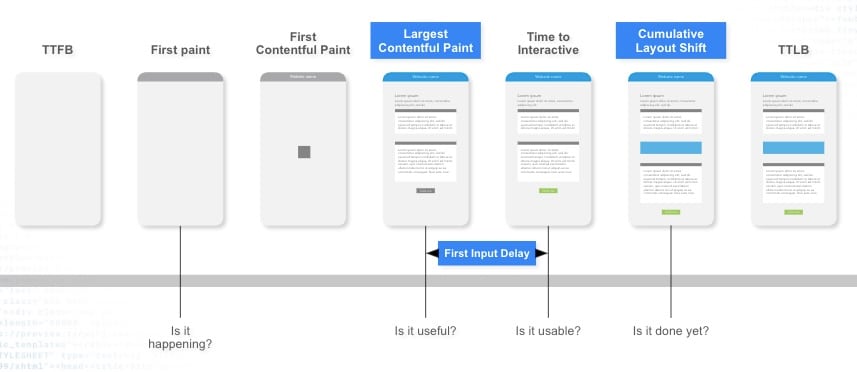
Real User Experiences: How These Plugins Made a Difference
User experiences: How These Plugins Made a difference
Many users have shared their success stories about how accessibility plugins transformed their WordPress sites. One user, a small buisness owner, felt overwhelmed when they realized their website was not accessible to everyone.After integrating a robust accessibility plugin, they reported a significant increase in traffic and customer engagement. “It feels great knowing that my site is welcoming to all,” they said.
Another user, a nonprofit association dedicated to supporting individuals with disabilities, found that adding an accessibility plugin made a profound impact on their mission. They shared that before the plugin, they received numerous complaints about navigation difficulties. Post-implementation,they observed enhanced user interactions and even received messages of gratitude from visitors who could finally access their resources without frustration.
In a survey conducted among WordPress users, 75% reported that implementing accessibility features not only improved their site’s usability but also their SEO rankings. The accessibility plugin helped one blogger optimize their images with alt text and improve header structure, resulting in increased organic traffic. “I didn’t realize how much accessibility contributed to my visibility!” they exclaimed.
| Plugin Name | Key Benefits | User Feedback |
|---|---|---|
| WP Accessibility | Color contrast, skip links | “Game changer for our site!” |
| Accessible Poetry | Text-to-speech, easy navigation | “Our audience loves it!” |
| One Click accessibility | Customizable features | “Super user-friendly!” |
Users have particularly lauded the customization options these plugins offer. A graphic designer shared how they could adjust the color scheme to meet accessibility standards while still maintaining their brand’s aesthetics.“I was worried about losing my style, but it actually enhanced my design!” they noted.
Furthermore, the support provided by plugin developers has been a major highlight for many users.One educational institution praised the responsive customer service they received after encountering setup challenges. “They were there to guide us every step of the way,which made all the difference,” they remarked.
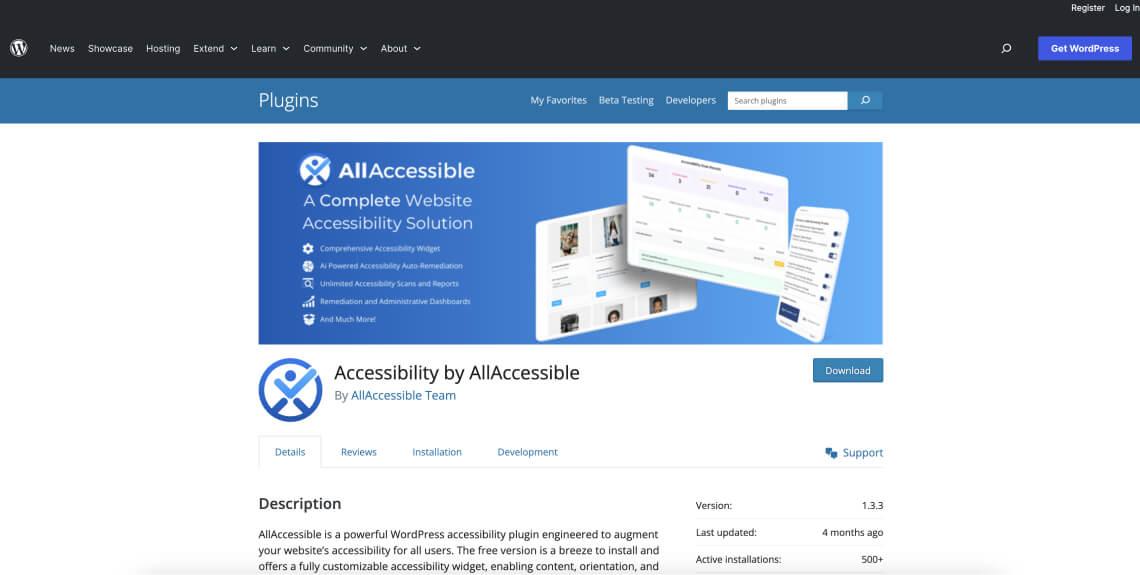
Our Top Recommendations for Every Budget
When it comes to enhancing your website’s accessibility, there are options available for every budget.Whether you’re just starting out or looking to invest in a premium solution, we’ve got you covered.Here’s a closer look at some of the best accessibility plugins to suit your needs.
Free Options
For those who are just dipping their toes into the world of accessibility, there are excellent free plugins that can make a significant difference:
- WP Accessibility: This plugin tackles common accessibility issues and offers a variety of features like adding skip links, removing title attributes, and more.
- Accessible Poetry: A great choice for bloggers, it provides a simple way to ensure that your content is accessible without complicating the writing process.
- One Click Accessibility: as the name suggests, this plugin allows you to implement basic accessibility features with just one click, making it incredibly user-friendly.
Mid-Range Solutions
if you’re willing to spend a bit more for additional features and support, consider these mid-range options:
- WP Accessibility Helper: This plugin comes with a powerful interface that allows users to customize accessibility settings according to their needs. It’s a fantastic investment for improving user experience.
- Accessibe: A robust solution that leverages AI to enhance your website’s accessibility automatically. It’s perfect for those who want a hands-off approach.
Premium Choices
For businesses focused on compliance and superior user experience, premium plugins offer comprehensive solutions:
- WP Accessibility Pro: This premium version expands on its free counterpart, providing advanced features and ongoing support, ensuring your website remains compliant with accessibility standards.
- AudioEye: A highly-regarded option that offers a full suite of accessibility tools, continuous monitoring, and reporting capabilities to guarantee your site meets accessibility regulations.
| Plugin | Price | Best For |
|---|---|---|
| WP Accessibility | Free | Basic accessibility needs |
| WP Accessibility Helper | $49/year | Customizable settings |
| Accessibe | $49/month | AI-driven solutions |
| AudioEye | Custom pricing | Full compliance |
No matter your budget, there’s an accessibility plugin that can enhance your website. Investing in these tools not only improves user experience but also demonstrates your commitment to inclusivity. Explore your options and find the best fit for your site today!
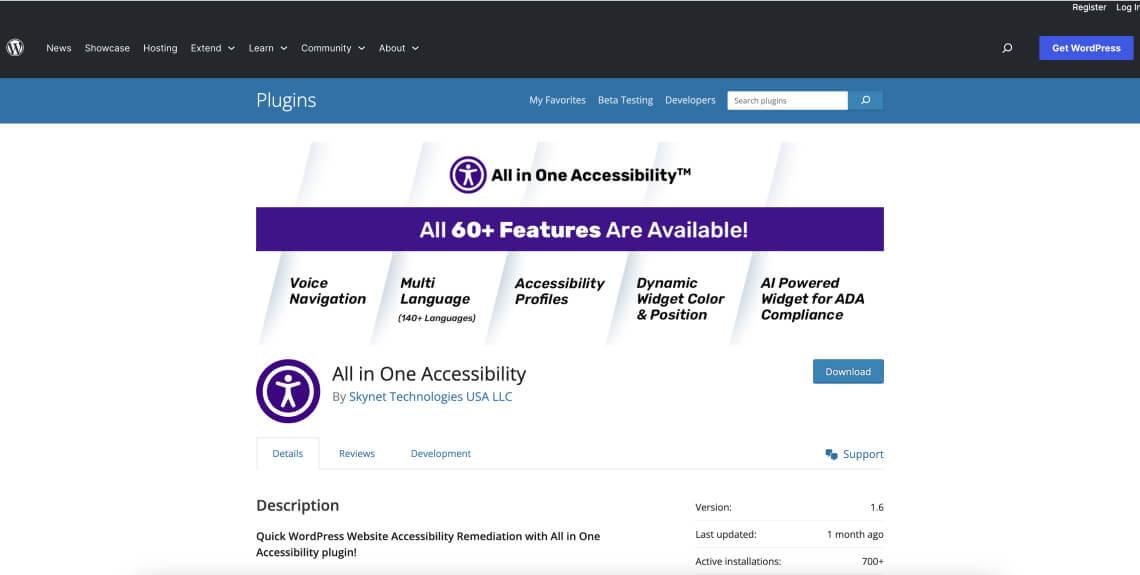
Tips to Maximize the Effectiveness of your Chosen Plugin
To truly harness the potential of your selected WordPress accessibility plugin, consider implementing the following strategies. These tips will not only enhance the user experience, but also ensure that your website is compliant with accessibility standards.
- Regularly Update Your Plugin: Keeping your plugin updated is crucial for maintaining its effectiveness. Developers frequently release updates to improve functionality and ensure compatibility with the latest WordPress version.
- Customize Settings: Take the time to explore the settings of your plugin. Most accessibility plugins come with a range of customizable options that allow you to tailor the user experience according to the specific needs of your audience.
- Test for Usability: After configuring your plugin, conduct usability tests. Gather feedback from users with disabilities to understand how they interact with your site. This will help you identify any areas needing improvement.
- Combine Plugins Wisely: Using multiple plugins can sometimes lead to conflicts.Choose plugins that complement each other and avoid redundancy. Always check for compatibility to ensure a seamless user experience.
- Educate Yourself and Your Team: Stay informed about best practices in web accessibility. Share this knowledge with your team to create a culture of inclusivity within your organization.
To further illustrate the impact of effective plugin use, consider the following table showcasing popular accessibility features. This can help you prioritize which functionalities to focus on:
| Feature | Description | Importance |
|---|---|---|
| Keyboard Navigation | Allows users to navigate the site using keyboard shortcuts. | High |
| Screen Reader Compatibility | Ensures content is readable by screen reading software. | High |
| Contrast Adjustments | Offers options to change color contrast for better visibility. | Medium |
| Text Resizing | Enables users to adjust text size according to their preference. | medium |
don’t forget to monitor the performance of your added accessibility features. Utilize analytics tools to track user interactions and look for patterns. This data can provide invaluable insights that will inform your ongoing strategy, ensuring that your website remains accessible and user-friendly.
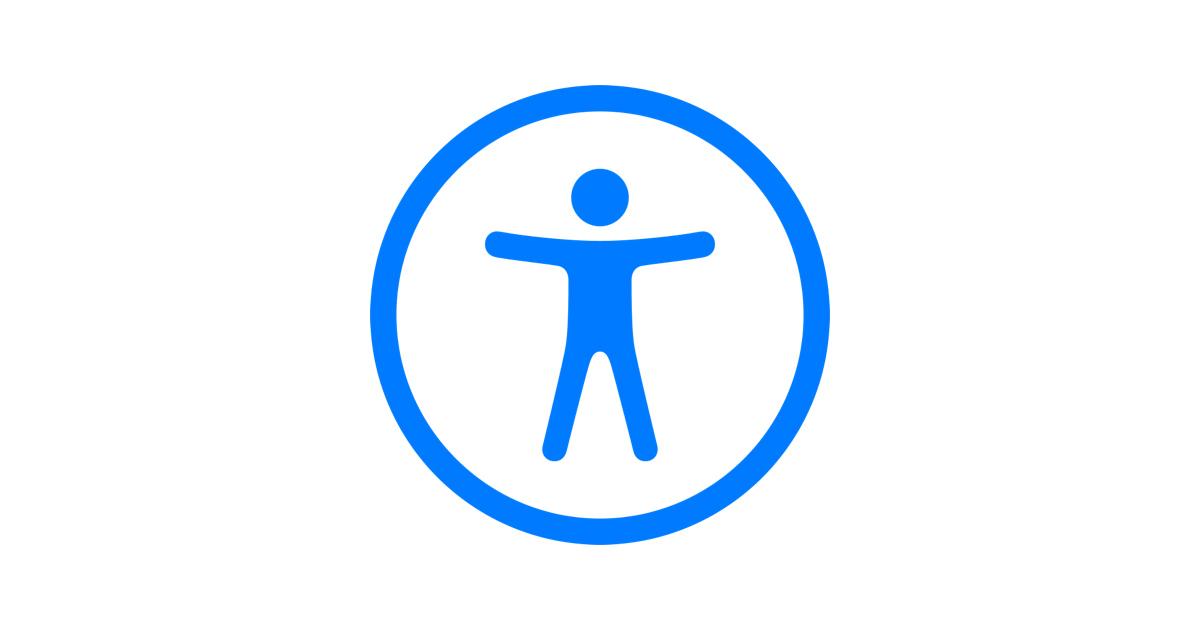
Common Misconceptions About accessibility and Website Performance
When it comes to accessibility on the web, there are a number of common misconceptions that can hinder both performance and user experience.One of the most prevalent myths is that implementing accessibility features will slow down your website.In reality, accessibility best practices frequently enough align with general performance optimization strategies. For example, using semantic HTML and optimizing images not only improves accessibility but also enhances loading speeds.
Another misconception is that accessibility is solely about visual impairments.While visual accessibility is crucial, it extends far beyond that. Effective accessibility measures cater to a wide range of disabilities,including:
- Hearing impairments
- Motor disabilities
- Cognitive disabilities
- Situational limitations (like using a mobile device in bright sunlight)
By broadening your viewpoint on whom you’re serving,you can create a more inclusive website that benefits all users.
Many believe that adding accessibility features requires extensive coding knowledge or significant website redesigns. Though, there are numerous plugins available, both free and paid, that simplify this process.These plugins can often be integrated seamlessly with minimal coding, allowing you to enhance accessibility without overwhelming technical hurdles. Here are a few advantages of using accessibility plugins:
- Quick implementation of accessibility features
- User-friendly interfaces for easy customization
- Regular updates to comply with the latest standards
It’s also a common belief that accessibility is a one-time fix. In contrast, accessibility is an ongoing commitment. Websites evolve, and so to do the standards and best practices for accessibility. Regular audits and updates are essential to ensure that your site remains compliant and user-friendly. This proactive approach not only helps in maintaining accessibility but also supports overall website performance.
Lastly, some website owners think that accessibility is only about compliance with legal standards. While adhering to laws like the ADA is critically important, the true value lies in creating a positive user experience. Accessible websites have been shown to increase user engagement, reduce bounce rates, and improve overall satisfaction. By recognizing the broader impact of accessibility, you can transform your website into a more welcoming environment for all visitors.
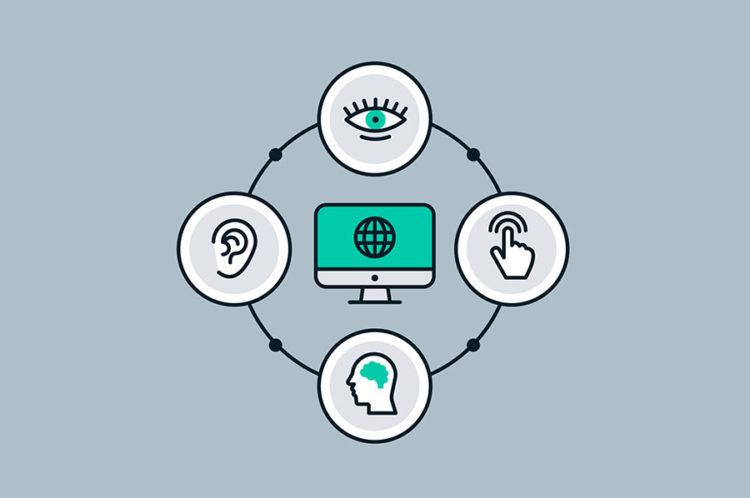
Future-Proofing Your Website: Staying Ahead in Accessibility Trends
As we leap into the digital future,staying informed about accessibility trends is essential for anyone looking to maintain a competitive edge with their website. Ensuring your WordPress site is accessible not only opens the doors to a broader audience but also aligns with ethical practices and legal standards. With the continual evolution of web technologies, it’s crucial to adapt and refine your approach towards accessibility.
One of the most effective strategies for future-proofing your website is leveraging the right accessibility plugins. These tools can assist in making your site more navigable for individuals with disabilities, enhancing user experience for everyone. Here are some key features to look for when comparing accessibility plugins:
- Screen Reader Compatibility: Ensure your plugin works seamlessly with popular screen readers.
- Keyboard Navigation: Check if the plugin facilitates easy navigation without a mouse.
- Customizable Accessibility Toolbar: A user-friendly toolbar can help visitors adjust settings according to their needs.
- Color Contrast and Font Size Adjustments: Features that allow users to modify text and background colors improve readability.
when evaluating various plugins, consider the balance between free and paid options. Free plugins often provide essential features,but they might lack advanced functionalities that a paid version can offer. On the other hand, premium plugins typically come with ongoing support and updates, ensuring compliance with the latest accessibility standards.
| Plugin Name | Type | key Features |
|---|---|---|
| WP Accessibility | Free | Alt text for images, skip links |
| Accessibility Widget | Free | Customizable toolbar, color contrast |
| WP Accessibility Helper | Paid | Keyboard navigation, ARIA attributes |
| One Click Accessibility | Free | Quick adjustments, font resizing |
| Accessibe | Paid | AI-driven accessibility, regular updates |
Moreover, keeping an eye on emerging trends is equally important. As an example, the rise of artificial intelligence in accessibility solutions is paving the way for automatic adjustments based on user preferences. This can significantly reduce the barriers faced by users with disabilities, making for a seamless browsing experience.
as you plan for the future, remember that accessibility is not a one-time effort but an ongoing commitment. Regularly updating your plugins and knowledge about new trends ensures that your WordPress website remains inclusive and user-friendly for all visitors.

final Thoughts on Choosing the Right Accessibility Plugin for You
Choosing the right accessibility plugin for your WordPress site is a crucial step toward creating an inclusive digital environment. With various options available, both free and premium, it’s essential to identify the features that best suit your needs. Consider your website’s specific requirements, your audience, and the level of support you may need. A thoughtful approach will help ensure you select a plugin that not only enhances accessibility but also integrates seamlessly with your existing setup.
when evaluating accessibility plugins, pay attention to the following key factors:
- Ease of Use: Look for plugins with user-friendly interfaces that allow you to implement changes without extensive technical knowledge.
- Features: Assess the range of features offered—such as keyboard navigation, screen reader support, and customizable color contrasts—to ensure they meet your accessibility goals.
- Compatibility: Ensure that the plugin works well with your existing themes and other plugins to avoid potential conflicts.
- Updates and Support: Check how frequently the plugin is updated and the availability of support from the developers, as this can impact the long-term viability of the solution.
Another important consideration is whether you prefer a free or premium plugin. Free plugins can provide essential features without any financial commitment, which is great for beginners or smaller sites. However,premium plugins often come with enhanced functionalities,better support,and more regular updates,making them a worthwhile investment for larger projects.
| Plugin Type | Key Benefits | Best For |
|---|---|---|
| Free | Basic features, no cost | Small businesses or personal blogs |
| Premium | Advanced features, dedicated support | Corporate websites, high-traffic blogs |
Ultimately, the decision on which accessibility plugin to choose should align with your overall website goals. Consider conducting thorough testing on your site after installing the plugin to ensure that it meets the accessibility standards you aim to achieve. Engage with your audience, gather feedback, and adjust accordingly to create a truly accessible experience for all users. Remember,accessibility isn’t just a feature; it’s a commitment to inclusivity that can significantly expand your reach and improve user engagement.
Frequently Asked Questions (FAQ)
Q&A: 8+ Best WordPress Accessibility Plugins Compared (Free & Paid)
Q: Why is web accessibility important for my WordPress site?
A: Great question! Web accessibility ensures that everyone, including people with disabilities, can use your website effectively. This not only broadens your audience but also enhances user experience for all visitors. Plus,it can definitely help you comply with legal requirements and improve your SEO—google loves accessible sites!
Q: What are the best accessibility plugins for WordPress?
A: We’ve got a fantastic list for you! Our article covers both free and paid options. Some standout plugins include WP Accessibility, Accessibility Widget, and UserWay. Each of these has unique features to help make your site more accessible.
Q: are free plugins effective for improving accessibility?
A: Definitely! While paid plugins often come with more advanced features and support, many free options do a great job at addressing essential accessibility needs. Plugins like WP Accessibility can be a solid choice without any cost.
Q: What features should I look for in an accessibility plugin?
A: Look for plugins that offer features like keyboard navigation, screen reader support, color contrast settings, and alt text for images. A good plugin should also provide easy customization options to fit your site’s design and functionality.
Q: How do I install an accessibility plugin on my WordPress site?
A: It’s super easy! Just go to your WordPress dashboard, click on ‘Plugins’, then ‘Add New’. Search for the plugin you want, click ‘Install Now’, and then ‘Activate’. Voila! You’re on your way to a more accessible site.
Q: Can I use multiple accessibility plugins together?
A: While it is indeed possible to use multiple plugins, it’s not always recommended. Sometimes, they can conflict with each other, leading to unexpected issues. It’s generally better to choose one comprehensive plugin that meets your accessibility needs.
Q: Will using an accessibility plugin entirely make my site accessible?
A: Not entirely. While accessibility plugins do a lot to help, achieving full accessibility often requires a holistic approach. You’ll want to ensure that your content is structured properly, images have meaningful alt text, and that you’re considering accessibility in your design choices.
Q: How can I test if my site is accessible?
A: There are several tools available to help with this. Services like WAVE, Axe, or the Web Accessibility Evaluation Tool (WAVE) can provide insights into areas for improvement. Additionally, manual testing with real users can offer valuable feedback.
Q: What’s the best overall accessibility plugin?
A: While it depends on your specific needs, UserWay often comes out on top due to its robust features, user-friendly interface, and strong customer support. It’s a great choice if you’re looking for a comprehensive solution that covers various accessibility aspects.
Q: How will investing in a paid accessibility plugin benefit my site?
A: Paid plugins typically offer more advanced features,better support,and regular updates. This investment can save you time and effort in the long run, plus it shows your commitment to creating an inclusive online environment, which can enhance your brand reputation.
Q: Where can I find more information about these plugins?
A: Our detailed article provides an in-depth comparison of the top accessibility plugins, including pros and cons, pricing, and key features. It’s a one-stop-shop for helping you make an informed decision that best suits your WordPress site’s needs!
Ready to make your WordPress site more accessible? Check out our full article for all the details and find the perfect plugin for you!
To Conclude
Wrapping It Up: Choosing the Right Accessibility Plugin
As we wrap up our journey through the best WordPress accessibility plugins, it’s clear that creating an inclusive online experience is more important than ever. Whether you opt for a free solution or decide to invest in a premium plugin, the key takeaway is that every small improvement can make a significant difference for users with disabilities.
Remember,accessibility isn’t just a box to check; it’s about ensuring that everyone can enjoy and engage with your content. By choosing the right plugin,you’re not only enhancing your website’s usability but also expanding your audience and showing your commitment to a more inclusive web.
Take a moment to assess your needs, explore the options we’ve discussed, and don’t hesitate to test out a few plugins. Many of them offer trial periods or free versions, allowing you to find the perfect fit for your site without any upfront costs.
So, what are you waiting for? Dive in, make your website more accessible, and be proud of the positive impact you’re making. Your visitors will thank you for it! If you have any questions or need further guidance, feel free to reach out. Happy optimizing!

